|
Passing near Philipsburg, Montana during my cross-country travels, I stopped to explore the area where my great-great-uncle John Hickey migrated to in 1867 to work in the silver mine. His sister, Elizabeth and her husband, Matthew Reilly, were my great-grandparents who migrated to California before returning to Maine. I had with me an old photo of a log cabin with members of Hickey family standing outside that was taken somewhere near Phillipsburg. Seeking clues, I drove up a dirt road to two ghost town, Kirkville and Granite, that had once been thriving mining towns. I also had a photograph of John Hickey and his two brothers who kept going west to settle in California, John doesn't look like a strong man in this photo, but his obituary described him as an “esteemed citizen” with the nickname “Rock Derrick.” He was the strongest man at Pioneer, a camp of 800 miners, and was capable of lifting and carrying a boulder so large that it required two ordinary men to even turn it over. He reportedly said that any man who wanted to challenge him would have to put up $100 first. No one ever moved the boulder as far as he could and the $100 always ended up at the saloon next door with drinks on the house. “He was a true type of that sturdy manhood that proved such a factor in the development of the west. His doctrine was a square deal for every man and he lived up to it strictly.” Philipsburg Mail, February 17, 1911 -At the Granite County Museum, I discovered that Hickey’s wife, Jane O’Neil, was the daughter of another strong Irishman. Hugh O’Neil was a folk hero who survived 168 rounds in a bare-knuckle boxing match that was covered blow-by-blow by a local newspaper reporter. In her book, “Mettle of Granite County," historian Loraine M. Bentz Domine says Hugh O’Neil was a heavy drinker who would light his cigar with a ten-dollar bill while his children went hungry at home. His eldest child, Jane, had to take charge at a young age. She was reportedly a better muleskinner than any man on the freight line and her language would put any of them to shame. John Hickey entered Jane O’Neil’s life shortly after his arrival to Montana territory in 1867. He was 20 years old, a farm boy from North Whitefield, Maine. According to an interview with his granddaughter in Domine’s book, Hickey first saw Jane when she was a seven-year-old girl playing in Missoula. “He was a real cowboy too – big hat, chaps, even a six-gun on his hip! He picked Mama up and asked her name and age. She told him and he said, ‘Well, Jane, when you are sixteen, I’m going to marry you.’ When she was sixteen her parents had a marriage all arranged for he but before the marriage took place the cowboy showed up again, only now he was a miner.” When Jane and John got married in 1877, they lived in the Georgetown Flats mining camp. John was often gone in the hills prospecting and one time Jane had a premonition of trouble and went to find him sick, without food for days and too weak to get out of bed. In 1884, they built the first family home in Granite at the foot of Whiskey Hills where most of the saloons and “bawdy houses” were located. A year later, the couple lost three of their four daughters to diphtheria within days of each other. When the Catholic priest came to say the girls’ funeral mass, he told Jane that she and her husband must have sinned greatly to have God punish them so severely. At that, Jane left the Church, though John Hickey remained a Catholic. The family moved from Granite to a small cabin in Frost Gulch, a section of Kirkville, in 1888. By the end of the century, Jane had given birth to six more children: Minnie, Kate, John, Ruth, Nora, and Neil. Historian Domine writes that John Hickey worked as foreman at the East Pacific Mine near Winston in 1899, and at the Gallatin mine in Butte. At the time of his death in 1911, he was working a lease at Granite. Hickey’s obituary recounts how every miner in the camp ceased work for the day to attend his funeral and pay a last tribute of respect to a comrade whom all loved and esteemed. The last part of the eulogy was a tribute to the Miner’s Union. “To know him intimately was to be his friend and admirer. There was in the man a nobility of soul that soared among men and the generous heart that beat for justice and humanity… He was always strong, always self-reliant, always sincere. His vision was cosmic and his heart full of love for all mankind.” Philipsburgh Mail, December 29, 1911. Unfortunately, none of John Hickey’s descendants live in the Philipsburg area any longer. But thanks to historian Loraine M. Bentz Domine and her three-volume history Mettle of Granite County, the Hickey’s memory survives.
Jane O’Neil Hickey died in 1947.
3 Comments
Sara Baker
11/16/2020 10:12:48 am
I stumbled across your blog today. Thank you so much for putting it together! I am a direct descendent of John and Jane Hickey through their daughter Kate. I am especially excited for the photo of the log cabin. I have seen a very poor photocopy of this photo before but yours is MUCH better quality. Thank you!
Reply
Nancy
11/16/2020 10:18:01 am
Hi Sara,
Reply
John Howard
2/26/2024 11:07:02 am
Ran across your post today & Hickey name caught my attention. Nora Hickey was my grandmother & she had three daughters Florence, Norma & Wilma. My mother was Norma Howard & she graduated from High School in Philipsburg.
Reply
Leave a Reply. |
Names of My AncestorsPuritans & Servants Archives
February 2019
Categories |
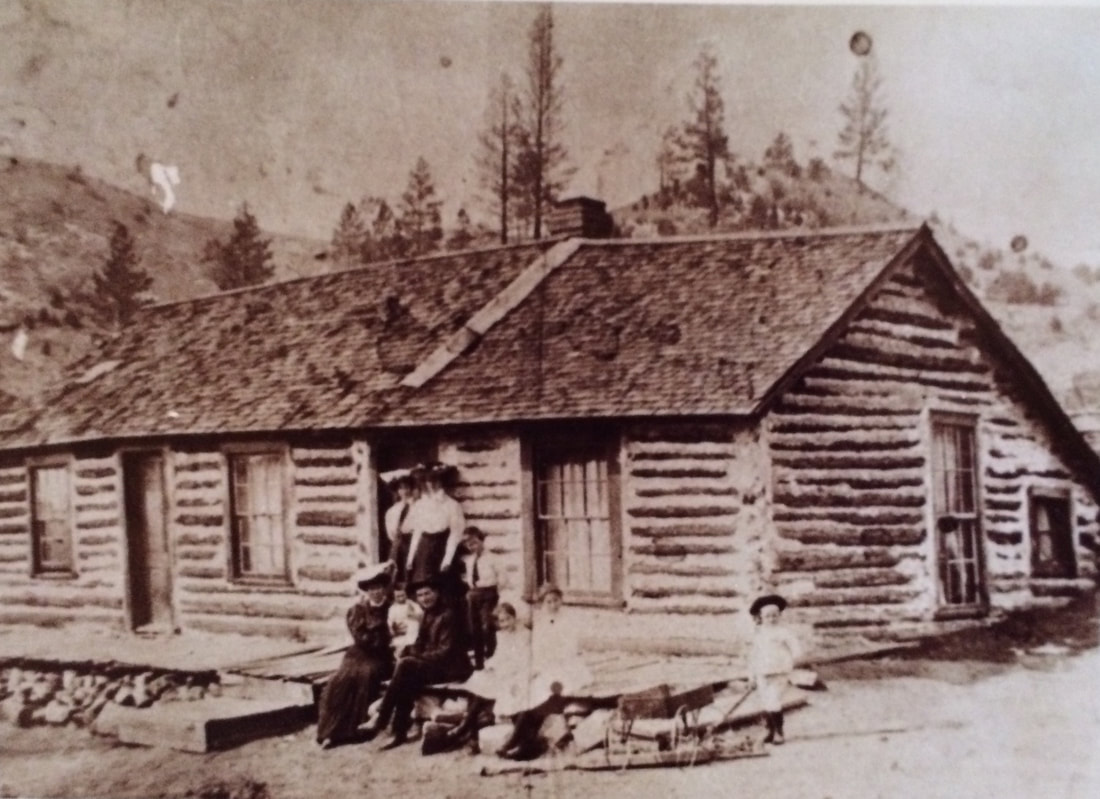
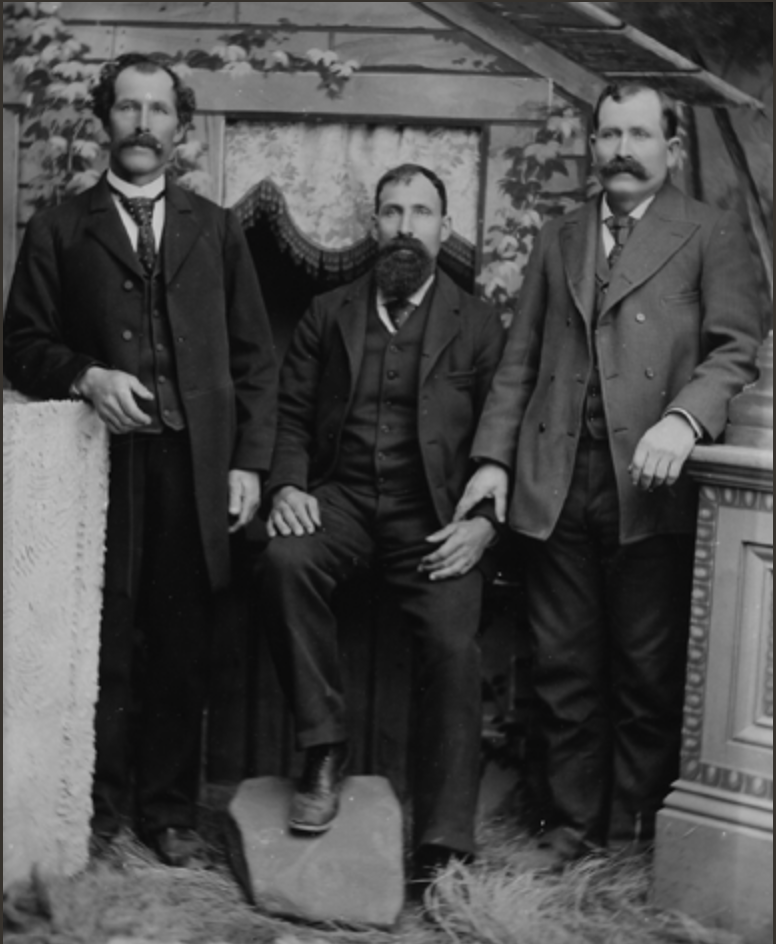
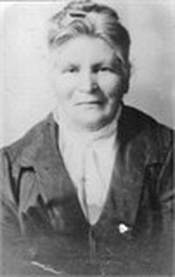
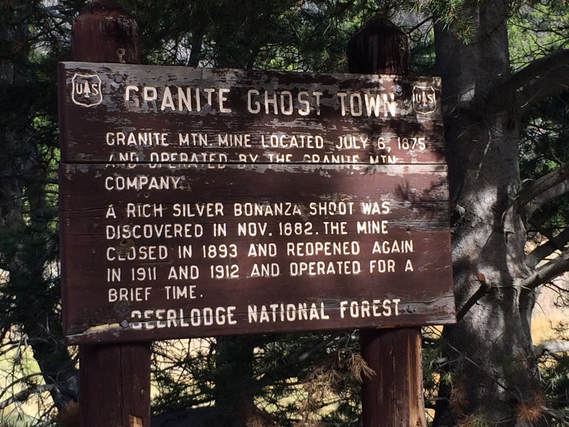
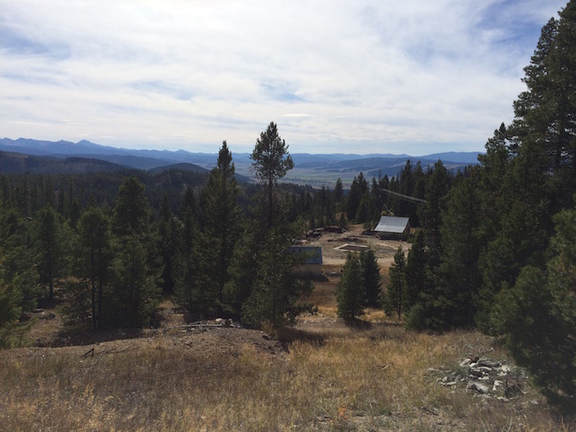
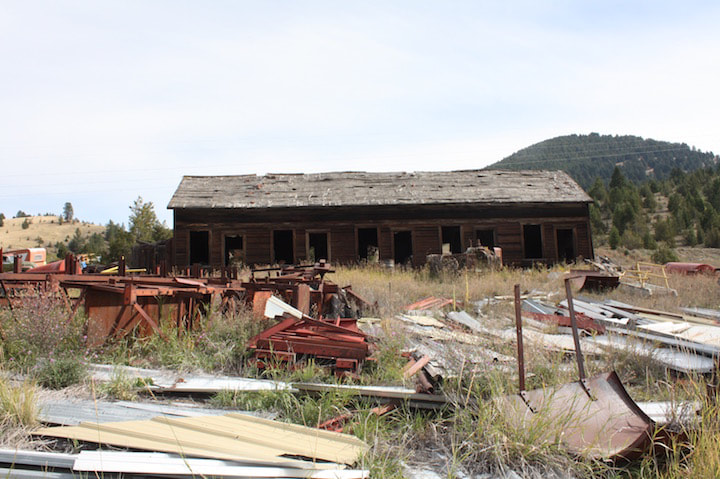
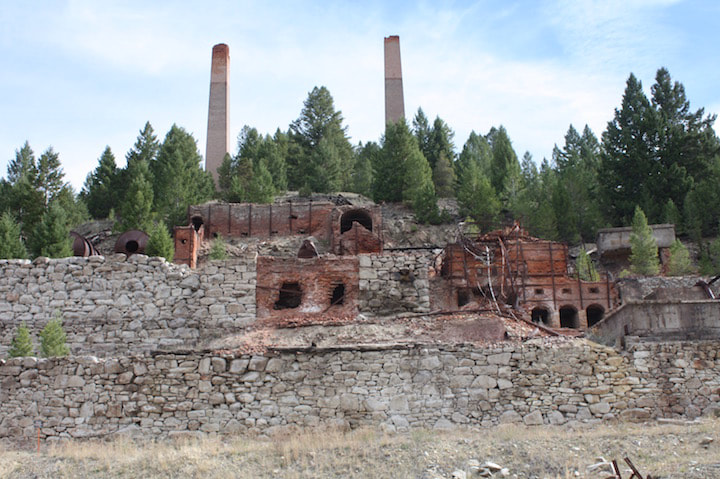
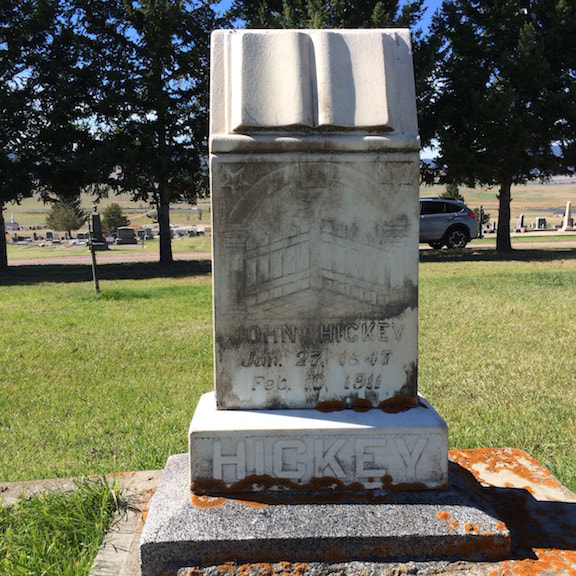
 RSS Feed
RSS Feed
